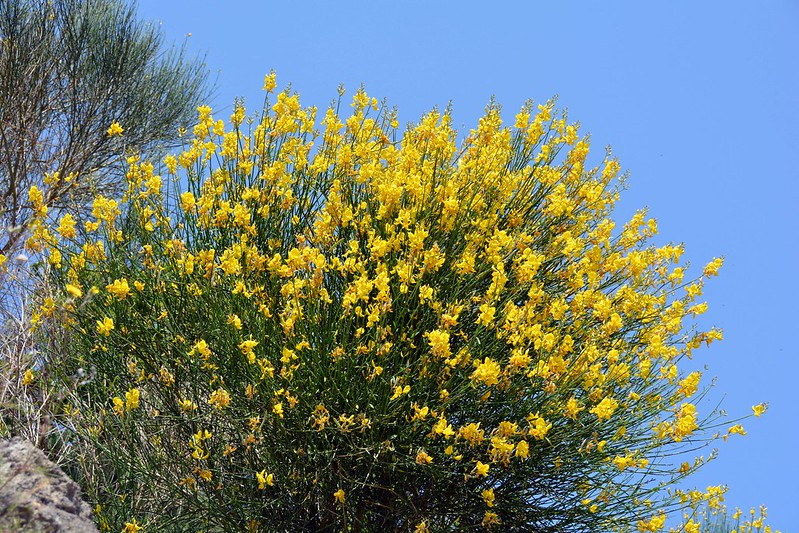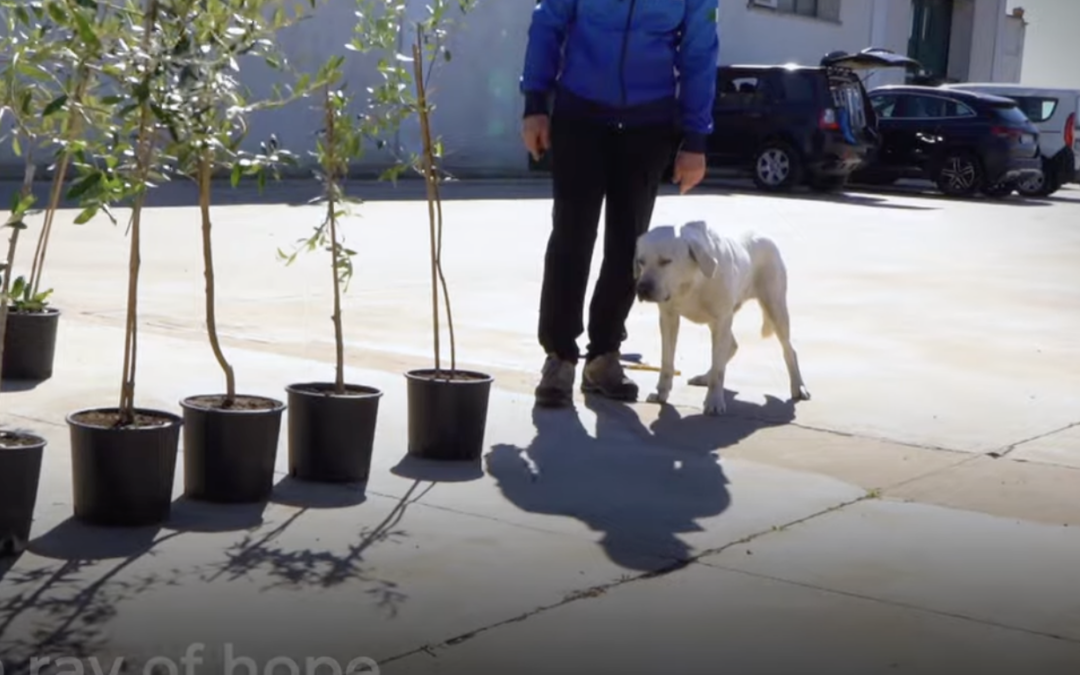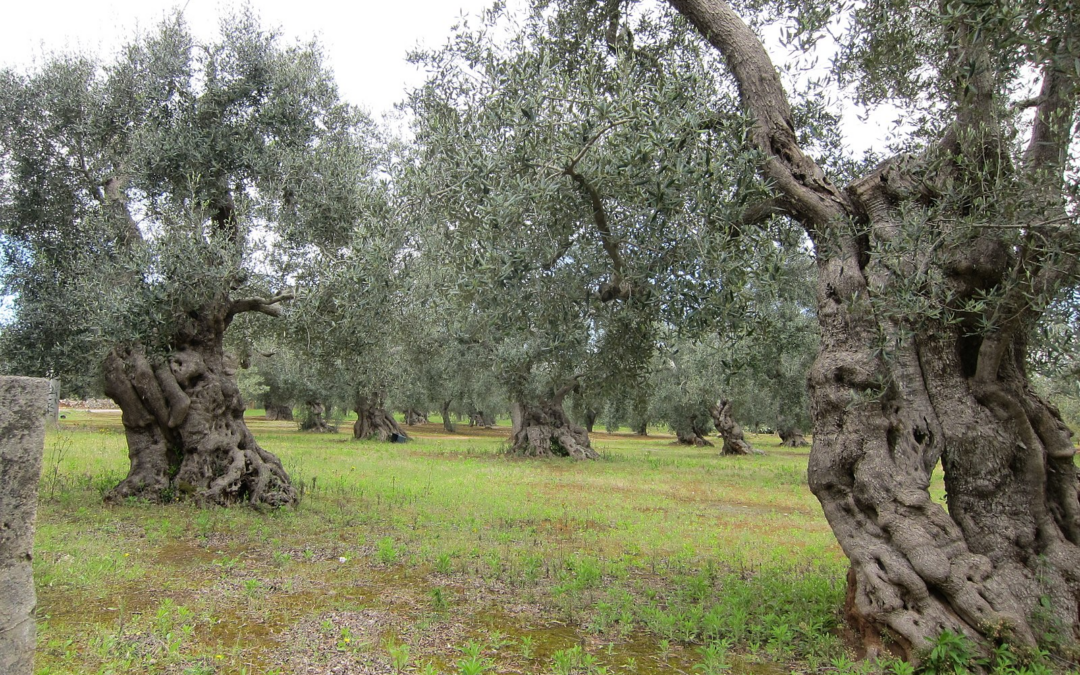The BeXyl work package 8 represents the social science contribution to finding new solutions to manage Xylella fastidiosa outbreaks on the ground.
The social scientist at Forest Research UK, Rachel Orchard, tells us more in the following post, which she wrote after completing the first stage of the fieldwork research in Córdoba, Spain.
BeXyl WP8.2 Córdoba case study fieldwork: understanding stakeholders’ attitudes to pest and disease management
By Rachel Orchard, Forest Research UK
BeXyl WP8.2 is the social science element of the BeXyl project, which aims to understand stakeholders’ attitudes to pest and disease management, particularly about Xylella fastidiosa and the social acceptability of Integrated Pest Management (IPM) options. To achieve this, we are carrying out 3 case studies in areas that are at different stages of the Xylella fastidiosa outbreak trajectory: Córdoba, where the disease is not present; Alicante, where the disease has been present for the last five years; and Salento, Apulia where researchers first identified the pathogen in Europe over a decade ago.
In those areas, we will interview and conduct focus groups with key stakeholders related to the olive and/ or almond industry to collect and provide a detailed snapshot of their views. To accurately reflect a wide range of views, we chose to conduct focus groups with mainly farmers and interviews with other key stakeholders, such as cooperative and processor managers.
Before carrying out the fieldwork for the case studies, we collaborated with the BeXyl WP7 team, which is investigating IPM schemes to mitigate the impact of Xylella fastidiosa outbreaks in Europe.
They prepared an initial draft of the prospective IPM options for each susceptible crop (olives, almonds, and grapevines) for our fieldwork, which started in March.

With the olive harvest over for the season and before the summer heat, I headed to Córdoba to conduct the fieldwork for the first case study area. On 5 March, seven farm managers and one nursery manager, who all grow olives in the Córdoba region, attended a BeXyl focus group hosted by ASAJA Córdoba to discuss the social and cultural impact of pest and diseases on their business. The first part of the focus group involved sharing experiences about other pests and diseases and asking about their attitudes towards Xylella fastidiosa. The second section involved an interactive activity to understand what ‘good’ pests and disease management looks like from their perspectives as farmers.
For the activity, we first asked the participants to identify who has a ‘very important’, ‘fairly important’, and ‘not important’ role in pest and disease management on their farm in the real world. We then asked their views on how this would change in an ideal world. We asked the same questions about the resources needed by farmers and external factors that influence pest and disease management on an individual farm scale.
To complete the activity, we asked them to link the actors, resources, and external factors integral to their definition of ‘good’ pest and disease management. For the final part of the focus group, I presented the initial draft of an IPM scheme suitable for olives and almonds. I gathered participants’ views and feedback about the different IPM options. COARE and Oleopalma cooperatives in Palma del Río, kindly hosted the following two focus groups – one on 19 March, which 10 almond farmers attended, and another on 20 March, with six olive farmers in attendance. Each focus group followed a consistent format to allow for comparable analysis.

After the COARE focus group with olive farmers on 20 March, we went to Plantas Continental – one of the largest nurseries in Andalusia, collaborating with BeXyl in the work package on thermal treatment – where I carried out a walking interview whilst exploring the olive nursery.
On 21 March, we were kindly hosted by a private olive oil mill, Luque ecológico in Castro del Río. Eight olive farmers joined us to share their pest and disease management perspectives.


Finally, on 22 March we returned to ASAJA Córdoba for a focus group with five almond farmers.
The focus groups and interviews were a great success. Each group had interesting and varied discussions that I look forward to analysing. We thank all the participants for contributing their time and perspectives, as the stakeholders’ voice in developing IPM solutions against Xylella fastidiosa is paramount for BeXyl.
Our special thanks go to ASAJA Córdoba, COARE and Oleopalma cooperative, Plantas Continental, and Luque ecológico for their cooperation, coordination, and support. We look forward to sharing our findings soon!









